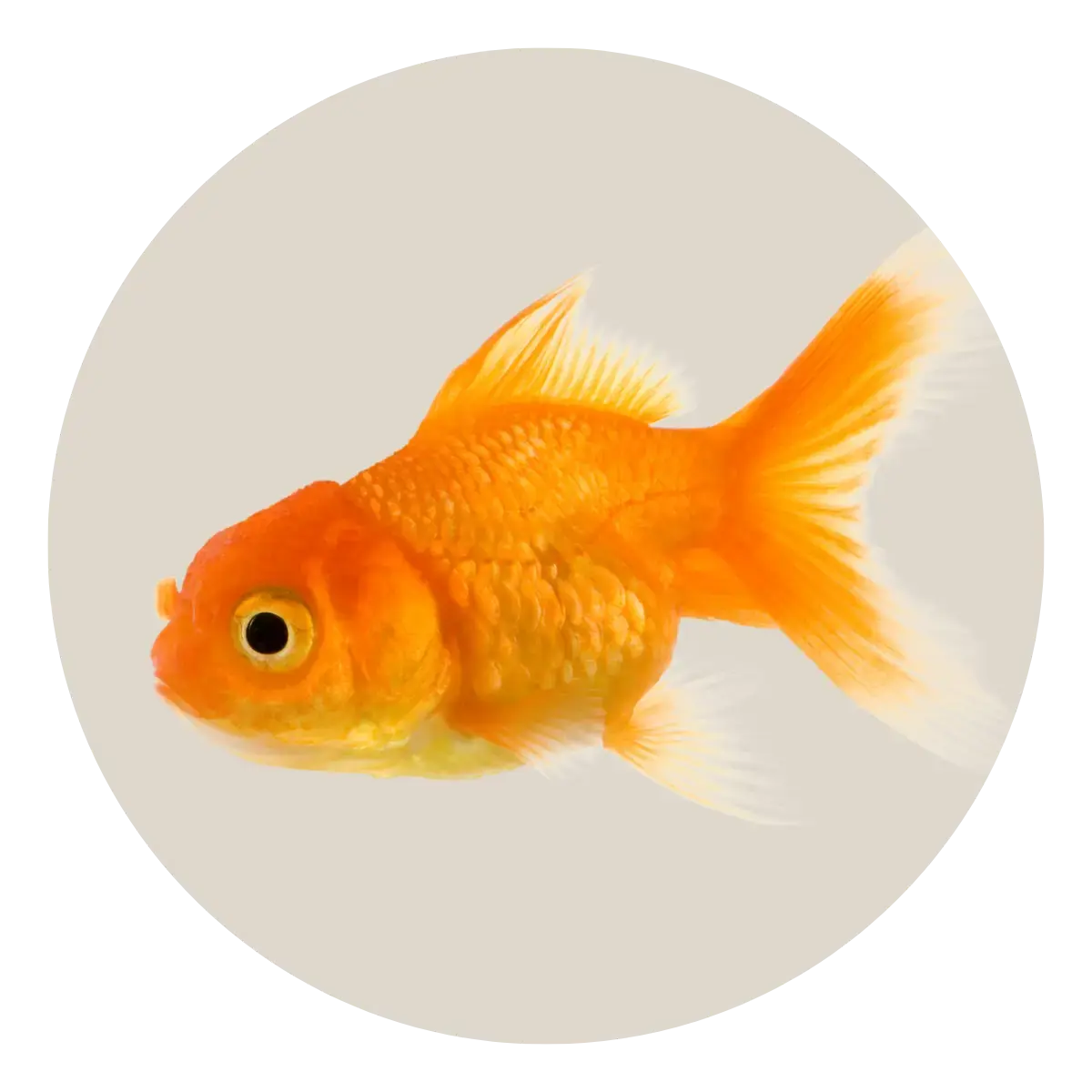As our beloved pets age, they may start to experience joint issues that can significantly impact their quality of life. With winter upon us, it's especially important to be aware of how colder temperatures can exacerbate these problems. Here’s what you need to know about joint health in pets, particularly for those breeds prone to joint issues, and how you can help your furry friends stay comfortable and active.
The Impact of Age on Pet Joints
Just like humans, pets are susceptible to joint degeneration as they get older. This can lead to conditions such as arthritis, which causes pain, stiffness, and reduced mobility. Senior pets often show signs of joint discomfort, including difficulty getting up, reluctance to climb stairs, or a decrease in their usual activity levels.
Winter and Joint Health
Winter can be a challenging time for pets with joint issues. The cold weather tends to increase joint stiffness and pain, making it harder for them to move around comfortably. It's crucial to ensure that your pets stay warm and cozy during these colder months to help alleviate some of the discomfort.
Breeds Prone to Joint Issues
Certain breeds are more predisposed to joint problems due to their genetics and body structure. These include:
- Large breeds like German Shepherds, Labrador Retrievers, and Golden Retrievers.
- Giant breeds such as Great Danes and Saint Bernards.
- Dachshunds and other breeds with long bodies and short legs.
Being aware of these predispositions can help in early detection and management of joint issues.
Helping Your Pet with Joint Issues
There are several ways to support your pet's joint health and alleviate existing joint problems:
- Joint Supplements: Products containing glucosamine, chondroitin, and omega-3 fatty acids can help maintain joint health and reduce inflammation. We stock a variety of joint supplements, such as Nutradyl, the GCS range, Mobiflex and more.
- Specialised Diets: Foods formulated for senior/large-breed pets, or those with joint support can provide the necessary nutrients to promote joint health. We offer a variety of food and treats specifically tailored for joint support, navigate to dog or cat food on our website and filter by 'Joint Care & Mobility'. We also have Kit Cat Joint Care Cat Treats and Joint Support Treats for small pets.
- Orthopaedic Pet Beds: These beds provide additional support and comfort, especially for pets with arthritis or other joint issues. Check out the Sealy range of orthopaedic pet beds.
- Regular Exercise: Low-impact activities like swimming or short, gentle walks can help keep your pet's joints flexible and muscles strong without overexerting them. We have everything you need to elevate your walkies and products for the dogs that like to swim.
- Weight Management: Maintaining a healthy weight reduces the stress on your pet's joints, which can prevent or alleviate joint issues. We offer a variety of weight management foods, just filter our selection of food by 'Weight Control'.
- Warm Environment: Ensure your pet’s living area is warm and free from drafts. You can also consider using pet-friendly heating pads or blankets. Head to 'Beds & Blankets' under our main menu to find everything you'll need to keep them snug! Take it one step further and shop our selection of Jackets and Jerseys for pets.
Taking proactive steps to manage your pet's joint health can lead to a happier, more active life for your furry friend. Feel free to reach out if you have any questions or need personalised recommendations for your pet’s joint health needs. Your pet’s well-being is our top priority!






